When venturing into the world of travel trailers, the terminology can sometimes leave potential buyers and enthusiasts puzzled. One term that frequently arises in discussions about travel trailers is “non-self-contained.” But what exactly does it mean for a travel trailer to be classified as non-self-contained? In this article, we will explore the intricacies of non-self-contained travel trailers, discuss their characteristics, benefits, and the important considerations for prospective owners.
What Is a Non-Self-Contained Travel Trailer?
Definition Overview
A non-self-contained travel trailer is defined primarily by its lack of built-in amenities and resources that facilitate off-grid living. Unlike their self-contained counterparts, which often feature extensive kitchen appliances, bathroom facilities, and water tanks, non-self-contained trailers are streamlined to offer basic living space primarily for transportation purposes.

Key Differences
| Feature | Non-Self-Contained Travel Trailers | Self-Contained Travel Trailers |
|---|---|---|
| Kitchen Facilities | Limited or None | Fully Equipped |
| Bathroom Amenities | May Lack Shower & Toilet | Full Bath Facilities |
| Water Storage | Often None or Minimal | Fresh & Waste Water Tanks |
| Power Supply | Battery or Hookup Dependent | Generator & Battery Options |
| Size and Weight | Generally Smaller and Lighter | Heavier and More Spacious |
Characteristics of Non-Self-Contained Travel Trailers
When analyzing non-self-contained travel trailers, several defining characteristics emerge. Understanding these features will aid in making informed decisions.
1. Space Efficiency
Non-self-contained trailers often excel in space efficiency. They are designed to prioritize sleeping space over amenities. Their compact nature makes them easier to tow and maneuver, ensuring you will have an easier time finding suitable camping spots.

2. Weight Considerations
Due to the absence of heavy appliances and plumbing systems associated with self-contained units, non-self-contained trailers generally weigh less. This characteristic allows for greater versatility concerning towing capabilities, making them ideal for vehicles with limited towing capacity.
3. Simple Design
The design of non-self-contained travel trailers usually suffices for straightforward camping needs. Basic kitchenettes may be present, such as portable stoves or coolers, but these trailers typically lack built-in kitchen areas, which allows for a more simplified living experience.
4. Cost-Efficiency
Cost is often a primary factor in the decision-making process for prospective travel trailer owners. Non-self-contained models tend to be more affordable than their fully-equipped counterparts. Without the additional plumbing and electrical systems, the upfront cost of purchase and ongoing maintenance is generally lower.
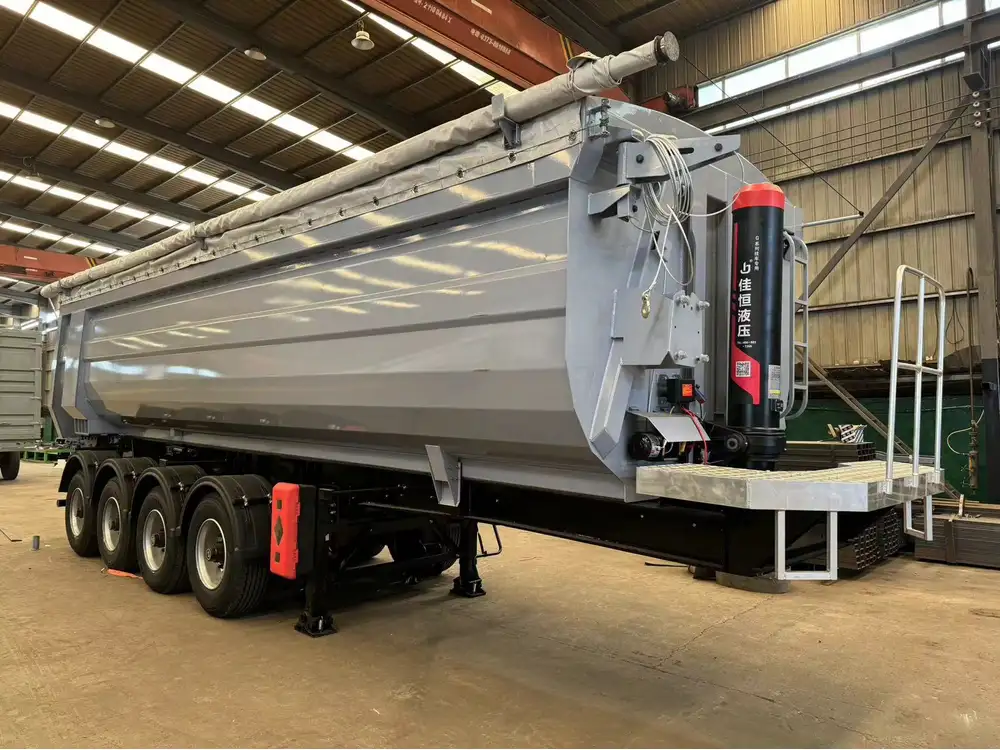
5. Ideal for Short Trips
For those who favor weekend getaways or short camping excursions, non-self-contained travel trailers cater directly to those needs. Their simplicity allows for quick setups and tear-downs, making spontaneous trips all the more accessible.
Advantages of Non-Self-Contained Travel Trailers
Improved Fuel Efficiency
Reduced weight not only influences towing capabilities but also significantly enhances fuel efficiency. Drivers often find themselves saving money on gas when hauling lighter trailers.

Maintenance Simplicity
Due to their basic nature, these trailers require comparatively less maintenance. The absence of complex plumbing and electrical systems reduces potential points of failure.
Versatility for Outdoor Enthusiasts
Non-self-contained trailers cater well to adventurers who value the outdoor experience without the added weight of extensive amenities. These trailers are suitable for wilderness camping, where resources are readily available nearby.
Greater Off-Road Capability
Their lightweight design also opens the door for off-road adventures. Many non-self-contained models boast rugged features, perfect for exploring more remote camping sites that traditional recreational vehicles may struggle to access.
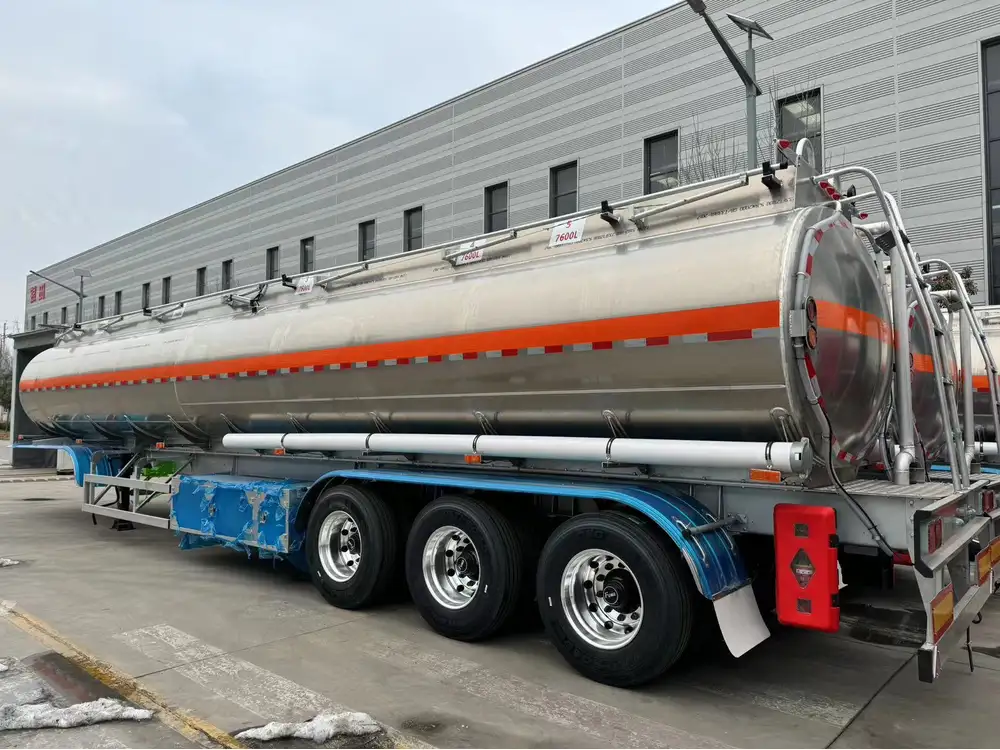
Disadvantages of Non-Self-Contained Travel Trailers
Limited Amenities
While simplicity offers numerous advantages, it also presents limitations. Lack of kitchen and bathroom facilities can pose challenges for extended trips where access to public facilities may be restricted.
Reliance on External Resources
Travelers will need to plan for when and where they can access water, food, and sanitation facilities. This necessity may make them less suitable for prolonged camping experiences.

Adjusting to Minimalism
For those accustomed to the comforts of self-contained living, adapting to a non-self-contained environment might require adjustments. Being prepared for a more rustic lifestyle is critical for a satisfying experience.
Key Considerations When Choosing a Non-Self-Contained Travel Trailer
Making a flexible choice often requires careful consideration of several factors:
Intended Use
How do you plan to use your travel trailer? If you envision short trips focused on new experiences without the need for elaborate setups, then a non-self-contained model could be perfect.
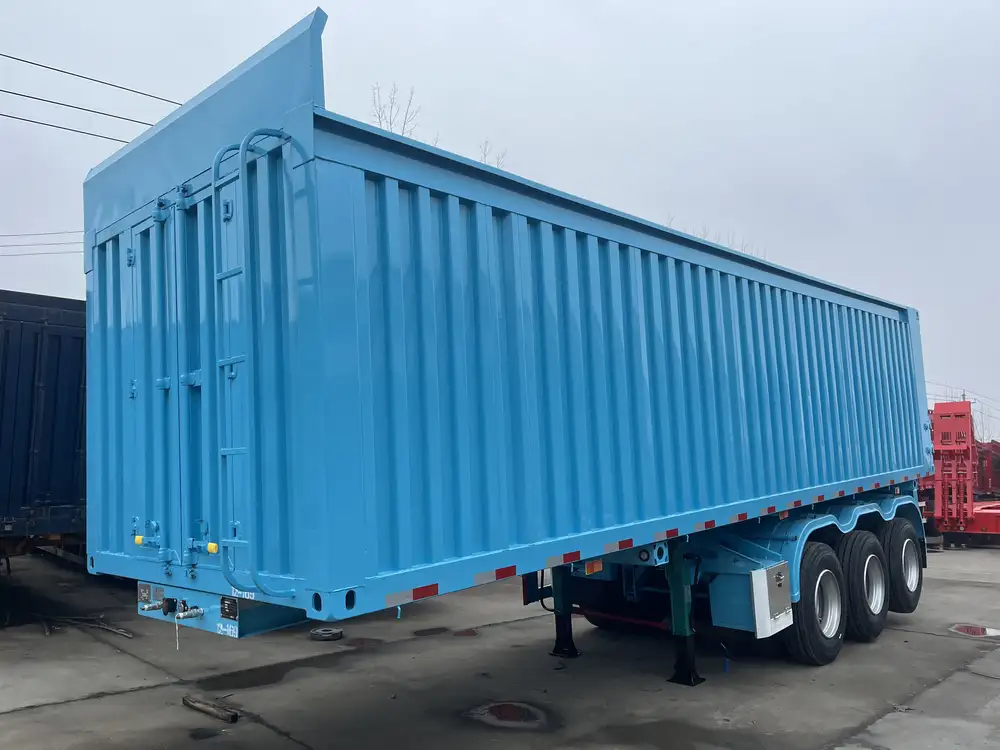
Budget Constraints
Understanding initial costs as well as potential maintenance expenses is key. Non-self-contained trailers are often more cost-effective, allowing you to allocate funds to other travel-related experiences.
Vehicle Compatibility
Make sure to consider your vehicle’s towing capacity. Lighter trailers are generally easier to tow, but it’s crucial to confirm compatibility with your vehicle to ensure safety on the road.
Storage Considerations
Evaluate your storage options when not using the trailer. Non-self-contained models can usually be stored more easily, given their smaller dimensions.
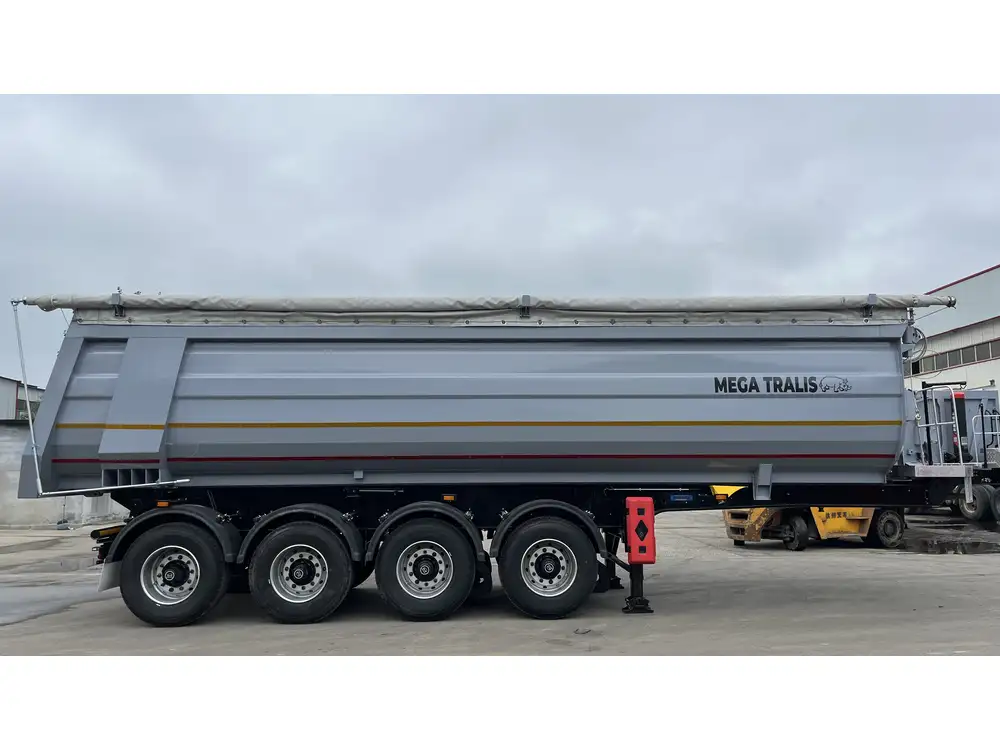
Resale Value
Assessing the long-term value of your investment is essential. While non-self-contained trailers are often less expensive, you should also consider how their market value changes over time.
Types of Non-Self-Contained Travel Trailers
The landscape of non-self-contained travel trailers is rich and diverse. Below are some popular types for enthusiasts to explore:
1. Pop-Up Campers
Pop-up campers provide a unique combination of comfort and convenience. With a collapsible design, they offer a non-self-contained experience that is lightweight and easy to store.

Pros:
- Excellent towing capabilities.
- Affordable entry-level option.
Cons:
- Limited space once extended.
- Vulnerable to weather conditions.
2. Teardrop Trailers
Teardrop trailers have gained immense popularity. Known for their iconic shape, they provide cozy sleeping quarters and small cooking areas.
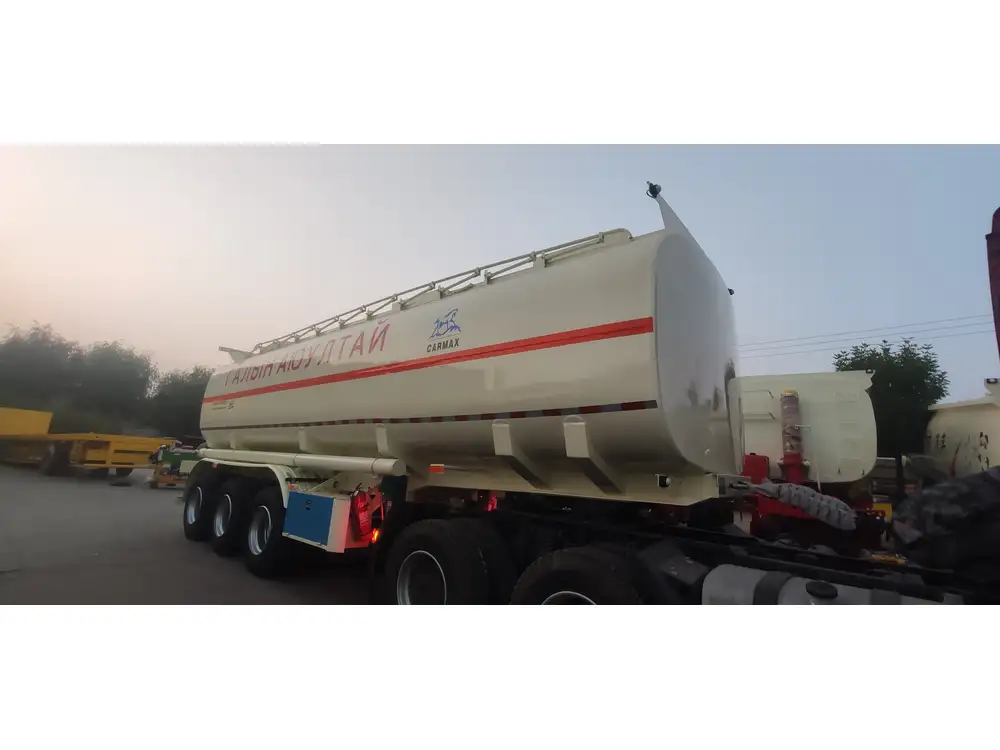
Pros:
- Compact and easy to tow.
- Stylish and modern design.
Cons:
- Minimal interior space.
- Limited storage capacity.
3. Rigid Frame Trailers
Rigid frame trailers offer sturdiness and reliability. They generally come without extensive amenities and can be a practical choice for the more rugged camper.

Pros:
- Versatile usage options.
- Stronger frame ensures durability.
Cons:
- Heavier than pop-up and teardrop options.
- Potentially higher costs.
Conclusion
In summary, non-self-contained travel trailers stand as reliable choices for outdoor enthusiasts seeking minimalism without sacrificing adventure. Their lightweight designs, cost-efficiency, and ease of maintenance make them a viable option for spontaneous trips and outdoor explorations. However, they may not cater to everyone, especially those who prioritize comfort and amenities.
When determining if a non-self-contained travel trailer aligns with your travel aspirations, consider your intended use, budget, and personal preferences. By understanding the balance between simplicity and necessity, you can make an informed choice that enhances your adventures on the road.



